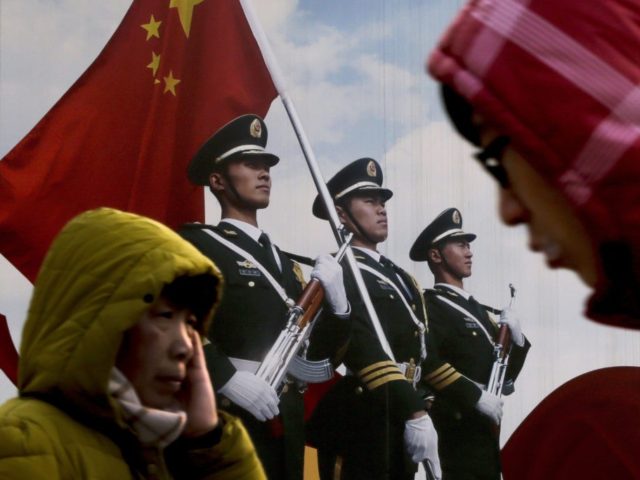China’s education ministry has vowed to enhance the “physical education and psychological direction” of male youth in response to a recent proposal on “preventing the feminization of teenage boys” by a top government policy advisor, Chinese state media reported on Sunday.
Responding to the proposal on January 28, the Chinese Ministry of Education said it will “solve the problems from several aspects including enhancing the research on issues related to youth mental health education,” according to the Chinese state-run newspaper Global Times on January 31.
Chinese schools nationwide “will be required to … increase their efforts to improve the quality and ability of physical education teachers, and at the same time, appropriately improve the teaching of physical education teachers methods and forms, pay more attention to the cultivation of students’ ‘masculinity’, and continue to add new physical education teachers through multiple channels [sic],” the Chinese Ministry of Education’s official statement in response to the proposal read.
“I have discovered through observation that young boys in China are weak, inferior, and timid. It is the ‘feminization’ of boys. The ‘feminization’ trend of Chinese youth, if not effectively managed, will inevitably endanger the survival and development of the Chinese nation,” Si Zefu, a top Chinese government policy advisor, said in May 2020.
Si is a member of the Standing Committee of the 13th Chinese People’s Political Consultative Conference (CPPCC) National Committee. He urged China’s government to strengthen “masculinity” education for boys while speaking at China’s national Two Sessions, which are annual coinciding meetings of China’s two main deliberative bodies: the National People’s Congress (NPC), China’s rubber-stamp legislature, and its advisory body, the CPPCC.
“In terms of living environment, children in China currently have the most contact with their mothers from birth, and spend the most time with their mothers after birth; from infancy to high school, they are mainly brought up by grandmothers. Such a long-term living environment, in a ‘mother-in-law’ environment, makes the boys lack of ‘masculinity,'” Si said during China’s May 2020 legislative session.
“Many Chinese teenage boys nowadays have the characteristics of weakness, low self-esteem and timidity, and they tend to follow the pretty-boy superstars,” Si added.
“Si believed this phenomenon could be attributed to the fact that most teachers in schools from kindergarten to high school stage are women, as well as to the frequent appearance of ‘pretty boys’ in TV and films,” the Global Times recalled on Sunday.
In response to Si’s recommendation to address the “feminization of male youth,” the Chinese Ministry of Education said its Humanities and Social Research wing had started an investigation into “the influence of the phenomenon of ‘internet celebrities’ on adolescents’ values and countermeasures.”

COMMENTS
Please let us know if you're having issues with commenting.